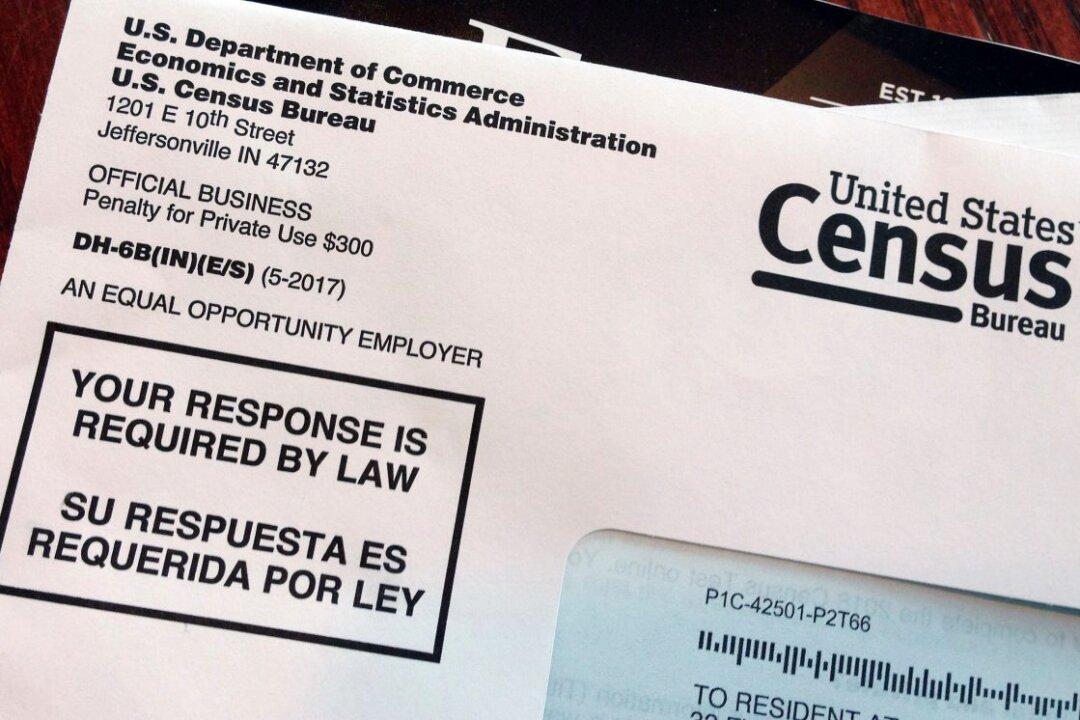A federal judge in New York has barred the Trump administration from reintroducing a question about citizenship into the 2020 census, a decision that will likely be appealed.
U.S. District Judge Jesse Furman handed down a 277-page decision on Jan. 15, ruling that while the question is constitutional, Commerce Secretary Wilbur Ross had acted arbitrarily and did not follow procedure.




